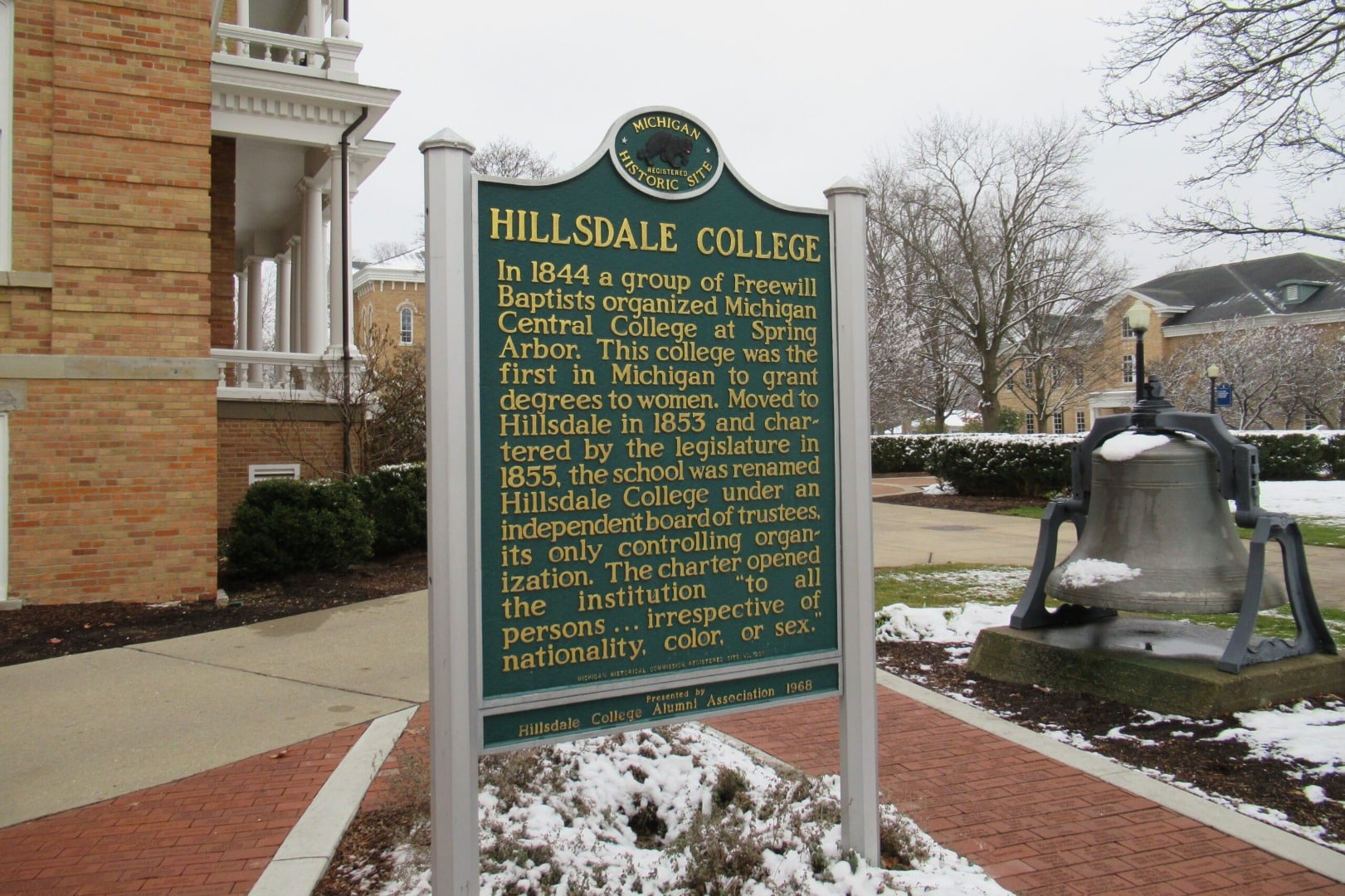Not surprisingly, right-wingers are celebrating the Supreme Court’s decision to declare affirmative-action policies at American universities to be unconstitutional. In the process, conservatives fail to recognize that they are, at the same time, celebrating the further destruction of American liberty and private-property rights.
After all, why shouldn’t a private university, like Harvard, be free to establish any policy it wants for admitting students? It’s their university, isn’t it? Why should the Supreme Court wield the power to dictate to a privately owned institution what it can and cannot do?
We can all agree that we don’t want a state entity to discriminate on the basis of race, color, creed, national origin, or sexual proclivity. But in a genuinely free society, private individuals should be free to exercise the fundamental, God-given right of freedom of association and to run their businesses the way they want.
Thus, if a privately owned university wants to give preference to certain racial groups, it should be free to do so. Sure, people might disagree with that decision but that doesn’t mean that the government should wield the authority to interfere. If people disagree with a certain policy set forth by a university, they can go elsewhere. Consumers can also protest, ostracize, or publicly condemn a university with whose policies they disagree. The university is free to modify its policy in response to consumer sentiments or instead continue maintaining it. That’s how things work in a genuinely free society.
So, why does the Supreme Court wield the authority to dictate to a private university what its admission policy is going to be or not be?
The answer is that most private universities accept government funds and their students receive government grants. That simple little act or going on the state dole provides the federal government, including the Supreme Court, with the ability to exercise dictatorial power over how a private university is going to be run.
Americans have become so accustomed to state-owned universities and colleges and state-supported colleges and universities that hardly anyone questions it. They are now accepted as a permanent part of American society. Thus, neither conservatives nor progressives challenge the higher-education status quo.
Yet, it should be challenged, not only because it’s an immoral policy but also because it provides the government with the power to dictate the manner in which colleges and universities are operated.
Let’s assume that John Doe University needs $100 million to operate. It depends on $40 million in tuition and $60 million in donations. It raises the $40 million in tuition but after extensive fundraising it is only able to raise $20 million in donations.
So, it runs to the state and exclaims, “The citizenry are selfish. They only want to give us $20 million. Please tax them $40 million and give the money to us.” The state complies.
Where is the justice in such a process? Why shouldn’t people be free to decide for themselves what to do with their own money? If they don’t wish to donate to a particular college or university, then why should they be forced to do so? How can being forced to do so be reconciled with the principles of freedom?
What if the college has to go out of business? Then, so be it. If a business cannot satisfy consumers or donors, then it goes out of business. That’s partly what a free market is all about.
Hillsdale College in Michigan has long had a policy of not accepting state funds. As such, neither the state government nor federal government, including the Supreme Court, wield the power to control or regulate Hillsdale in any respect.
Many years ago, the feds, unable to countenance this oasis of educational independence from state control, declared that the federal government was henceforth going to control and regulate Hillsdale’s admission policies. Their justification? The feds said that because Hillsdale students accepted government grants, that gave the feds the power to regulate Hillsdale’s admissions office.
The federal courts agreed with the government’s position. So, what did Hillsdale do? It prohibited its students from accepting government grants. And then it raised enough money through voluntary donations to replace all the government grants. Today, much to the chagrin of the feds, Hillsdale operates totally independently — that is, without any government control, supervision, regulation, or oversight whatsoever.
In other words, Hillsdale is not subject to the Supreme Court’s recent ruling on affirmative action. The school is free to adopt any admissions policy it wants, including affirmative action.
The Hillsdale model is what we need to do with higher education entirely. We don’t have to accept the long-established statist model of higher education. We can raise our vision to a higher level — one that separates education and the state entirely. Let’s rid our nation of state-owned colleges and universities and state-supported colleges and universities. Let’s leave people free to decide what to do with their own money. And let’s make all colleges and universities independent of government control, including control by the Supreme Court.
Reprinted with permission from Future of Freedom Foundation.



